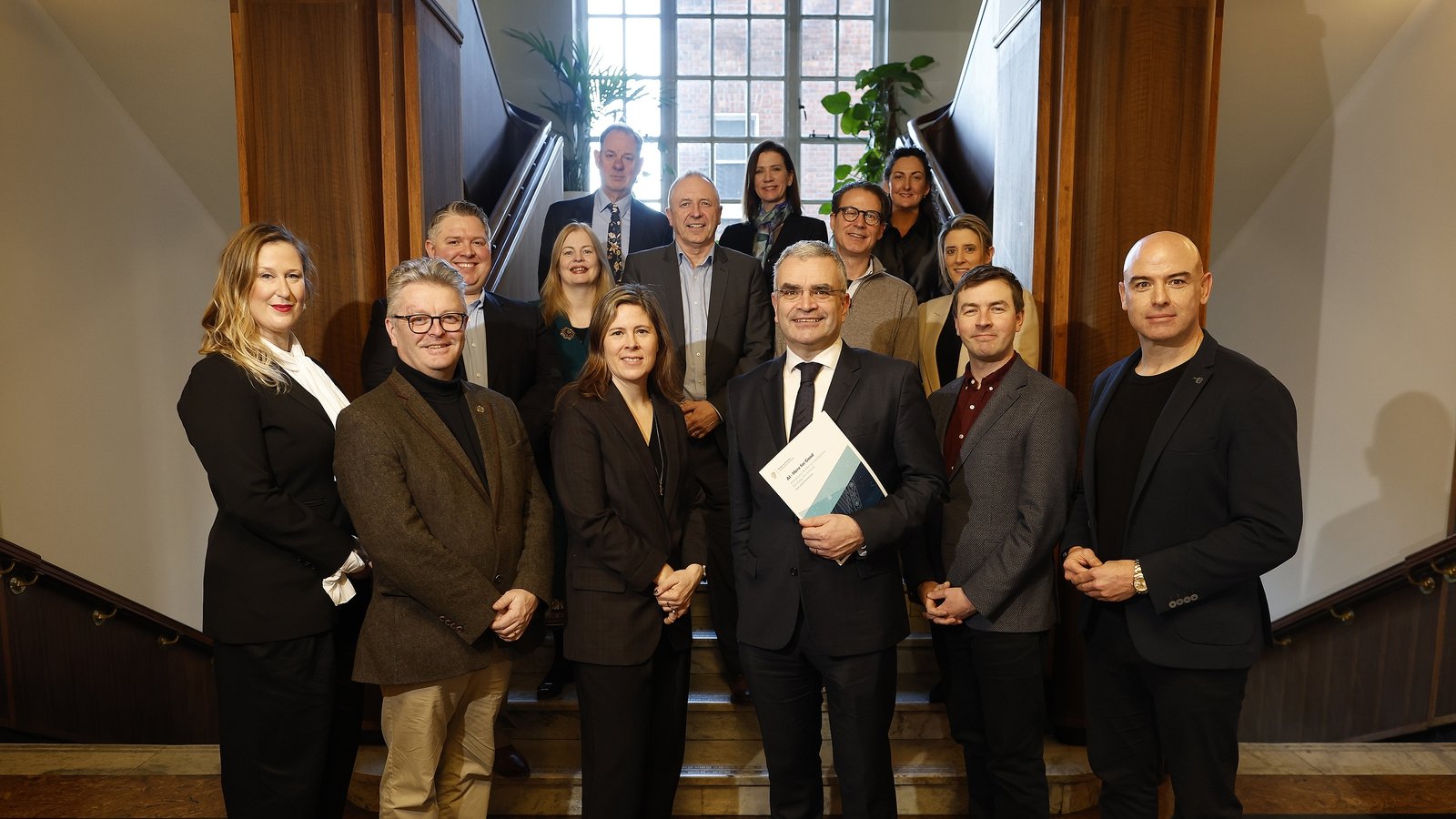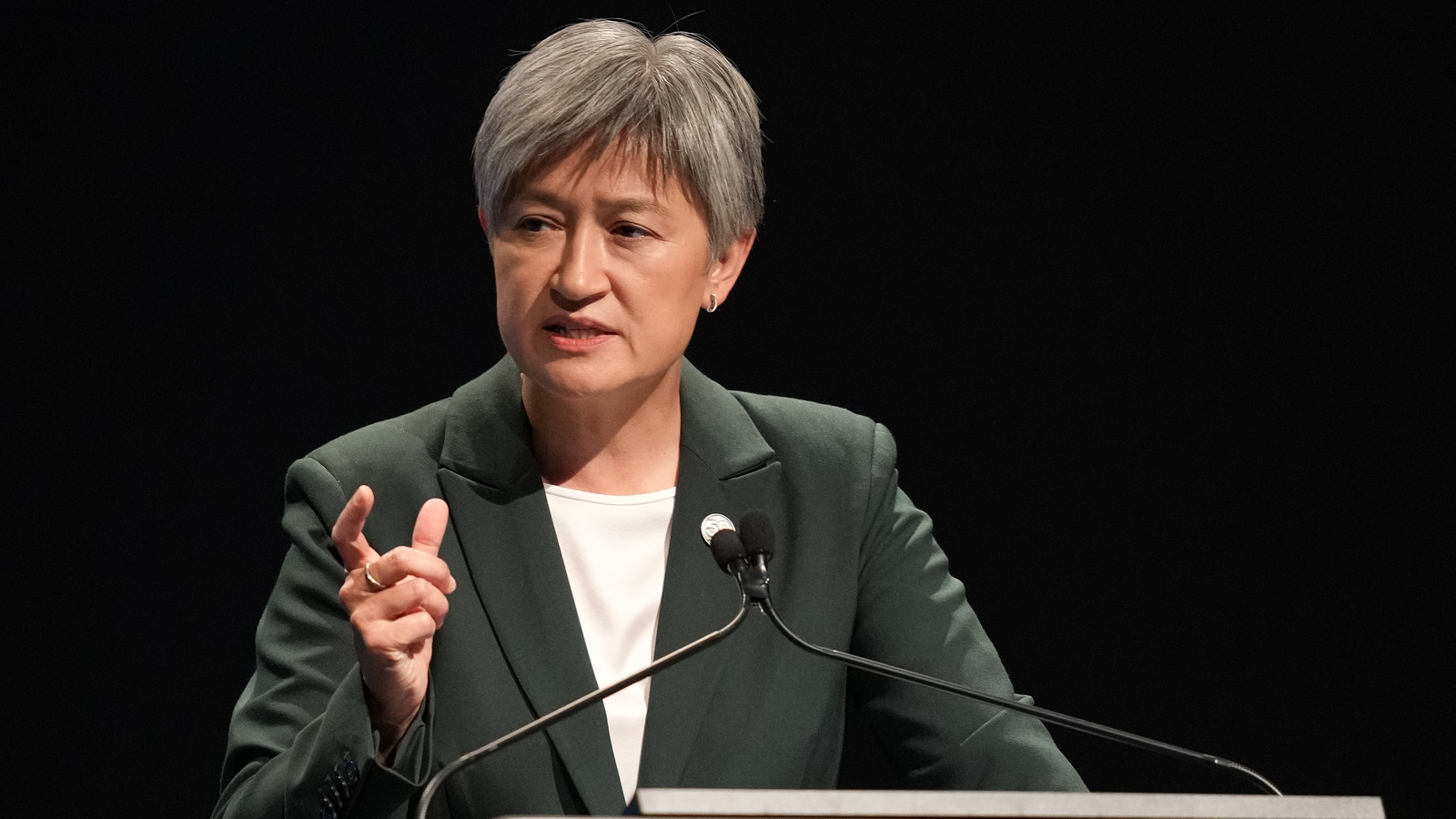Could oysters be a climate solution in Dublin Bay?
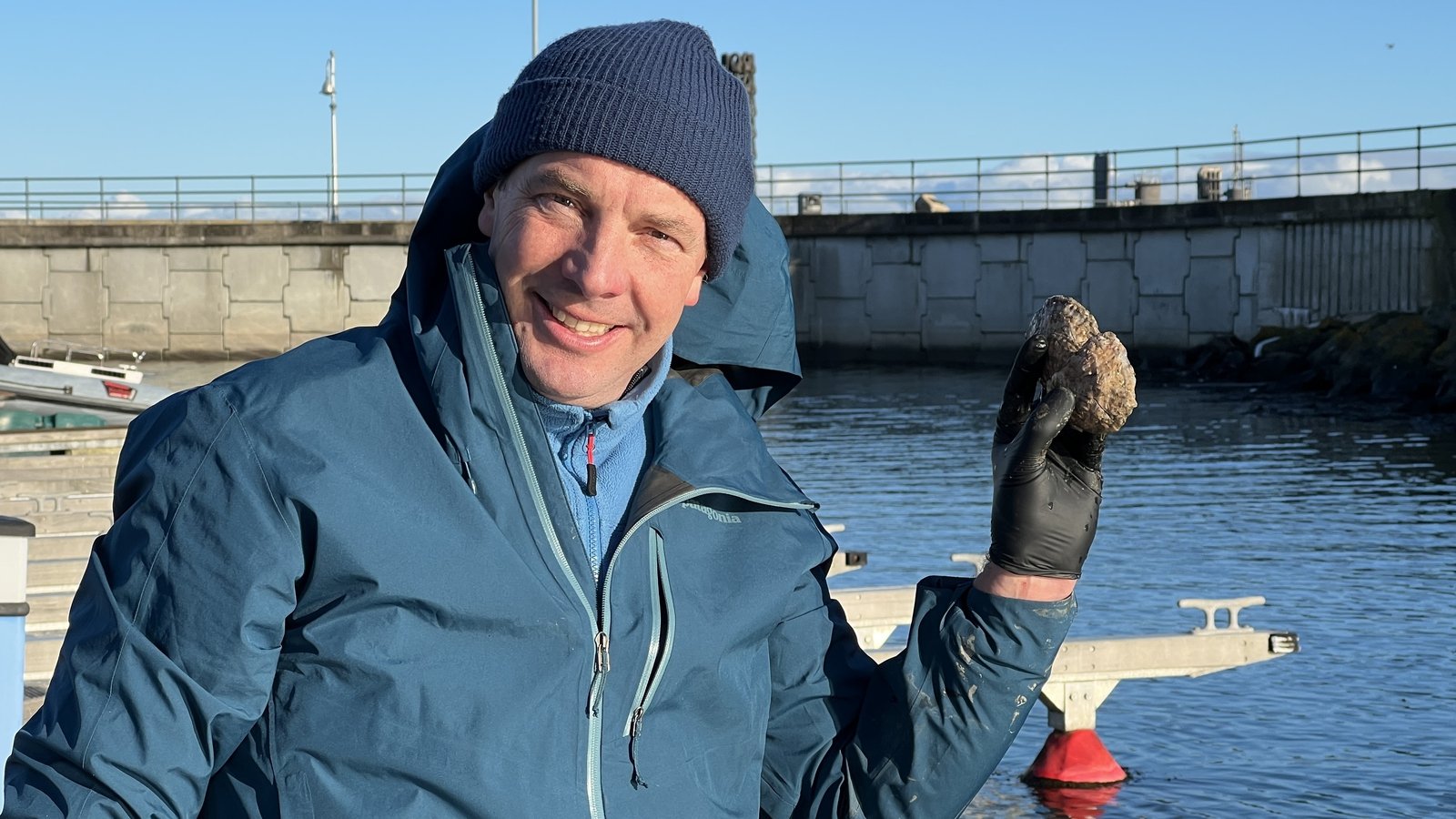
A new project in Dublin has enlisted an unlikely ally in the fight against climate change – oysters.
Fifty baskets, each containing around 13 native European Flat oysters sourced from Tralee, have been deployed in Malahide, Poolbeg and Dun Laoghaire marinas as part of an initiative from David Lawlor’s Watermark Coffee company.
“Oysters were very prevalent in Dublin Bay up until the 1800s,” he explained.
“But then through a combination of exploitation and development, they became extinct.”
However, before foodies get too excited, the new oysters are not for eating.
“No, they are never for harvesting,” Lawlor laughed. “These oysters are engineers and they have a job to do.”
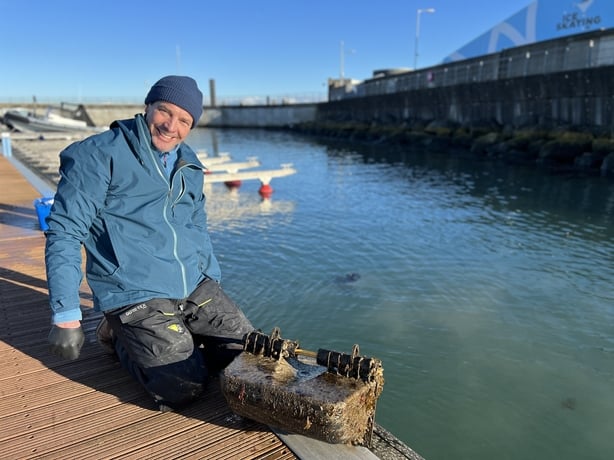
He wants to establish an oyster broodstock so that the stock of oysters will naturally expand and regenerate, ultimately forming reefs in Dublin Bay.
He said: “Oysters are a keystone species. They kickstart biodiversity and the marine habitat. Each oyster filters roughly 190 litres of water every day. That’s important because once the water is clear, sunlight can penetrate the sea floor, allowing seagrass and other seaweeds to propagate.
“Seagrass is one of the greatest carbon sinks in the environment. And we are hoping the oysters will enable the seagrass to grow back, and stabilise the sea floor.
“What that means is that when there are things like storm surge, oyster reefs can mitigate the impact. So this has a huge benefit for protecting shorelines from erosion.”
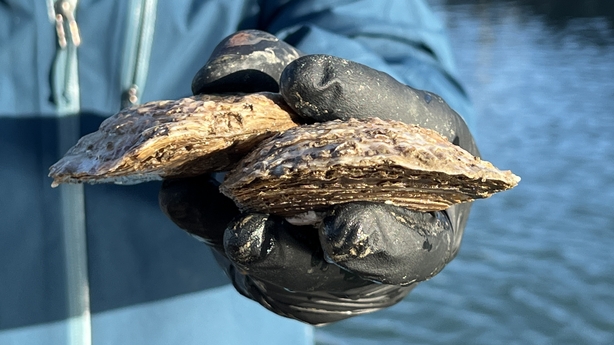
The new project, funded through the Green Ocean Coffee brand, has the backing of a number of authorities and is being supported by scientists at University College Dublin.
“This idea came to me first through the Great Baltimore Oyster project in the US,” Lawlor explained.
“It has had an amazing impact there. In New York, the Billion Oyster Project has been running for around 18 years now and it’s had a huge, meaningful impact in terms of water quality. There are now whales and dolphins being seen in Hudson Bay. So it does work.”
Having seen the success of oyster restoration as a climate adaptation around the world, Mr Lawlor hopes the Dublin project will expand in more locations over the next 15 to 20 years.
He said: “We’ve already had a huge amount of help from Dun-Laoghaire-Rathdown County Council, Fingal County Council, Dublin City Council, each of the marinas, the National Parks and Wildlife Service, Bord Iascaigh Mara, the Marine Institute, and the EPA.
“Now we need the community to get involved. We need businesses to get involved. We need people to see what’s happening.
“When you read about the climate crisis, you can think it’s beyond your sphere of influence. The rainforest in Brazil quite rightly gets a lot of attention, but there are lots of things people can do here in Dublin Bay too.
“It is great to take back some feeling of power that you can actually orchestrate change.”

